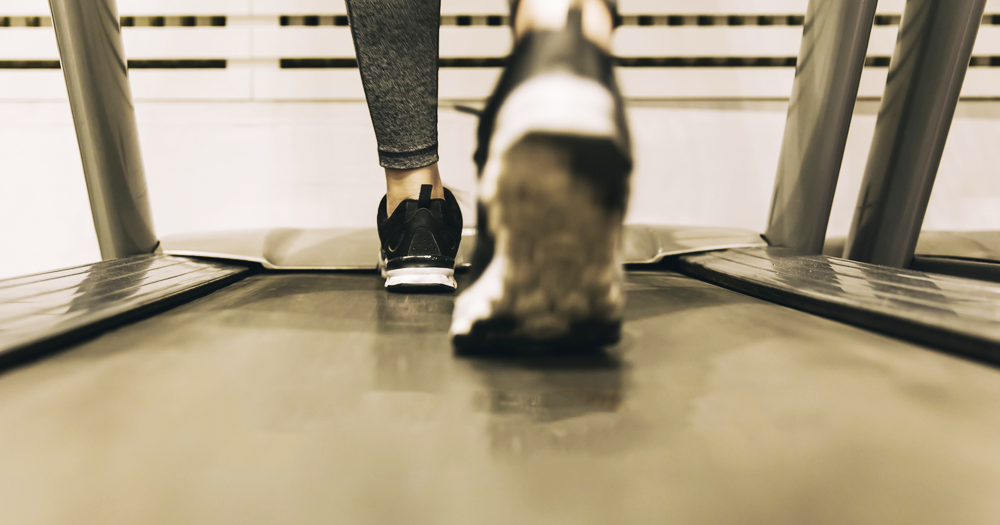-
Making Exercise Easier: Tips From a Pulmonary Fibrosis Patient

We talk a lot about the benefits of exercising with pulmonary fibrosis in our forums community. That said, it’s something that many of us no longer enjoy and find difficult as our lungs continue to decline. I used to be very active, and loved participating in sports and various physical activities. However, I now have to force myself to exercise, often negotiating a reward of some type if I complete my exercise goals for a week. As one of our members recently shared, it’s hard to feel tangible benefits while exercising with poor lungs. Whether that be weight loss, muscle strength or improved breathing; when tangible benefits aren’t felt, it’s hard to feel motivated and the cycle of difficulty is just perpetuated.
I recently wrote an article on tips for making exercise easier as a patient living with IPF. While these are not endorsed by a physician, I have found them helpful in motivating me to exercise and making the activity a little less difficult.
I’m curious to hear your thoughts on this column and would love for you to share: what makes exercise easier for you as a patient living with IPF/PF?
Log in to reply.
